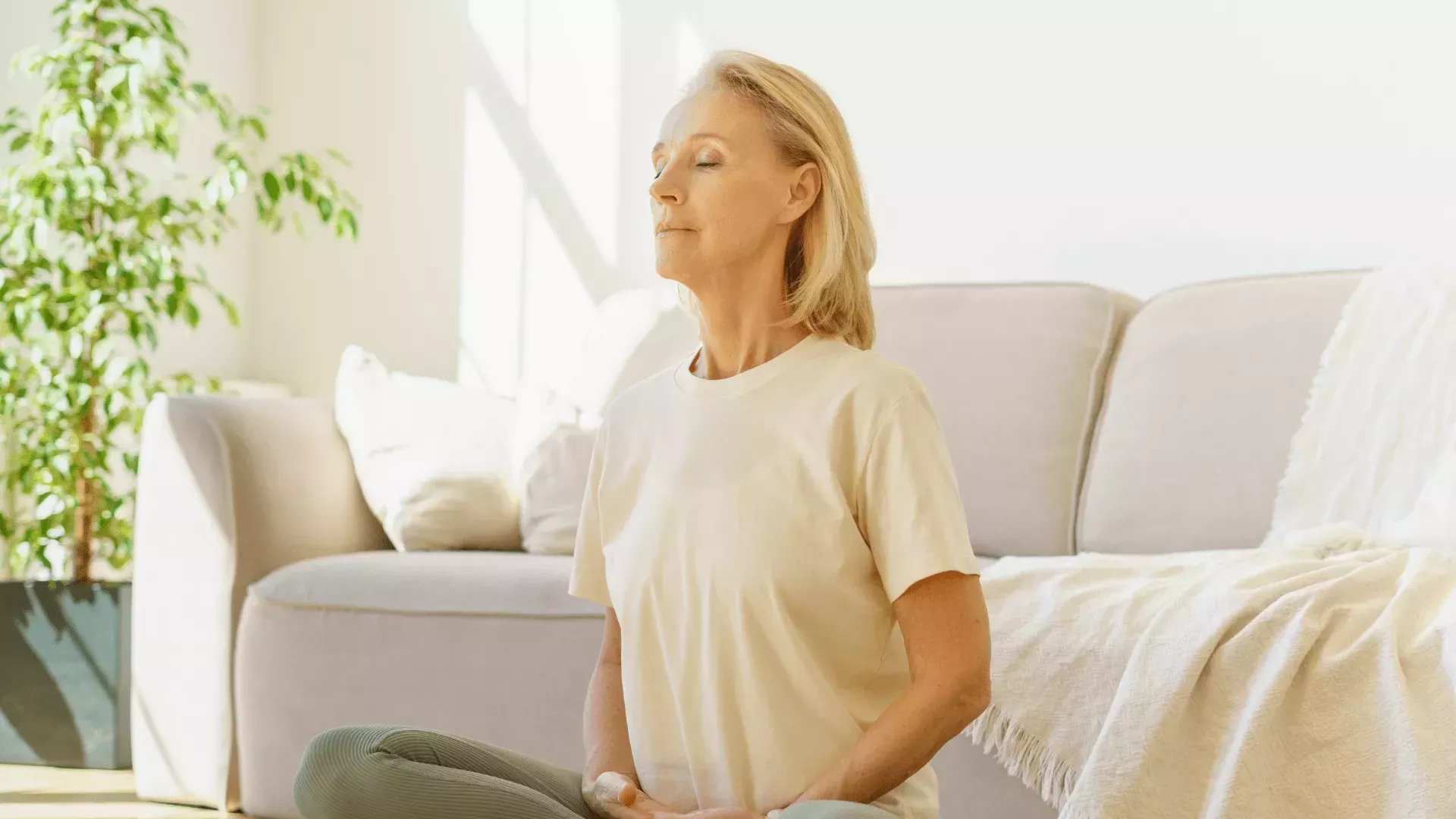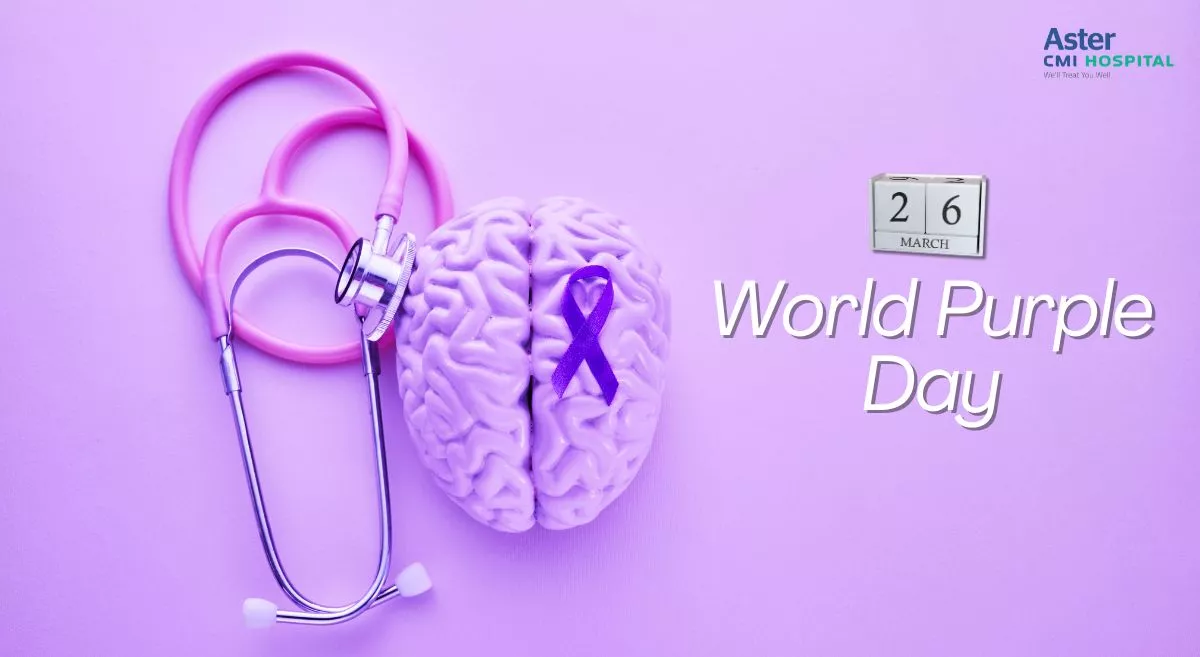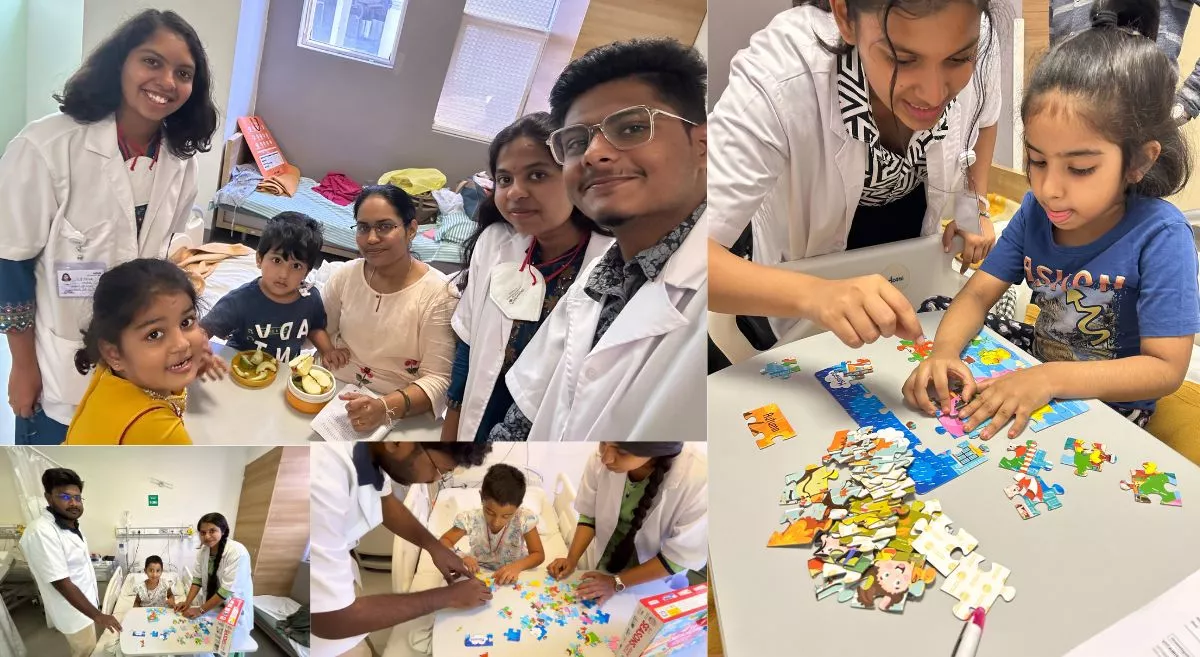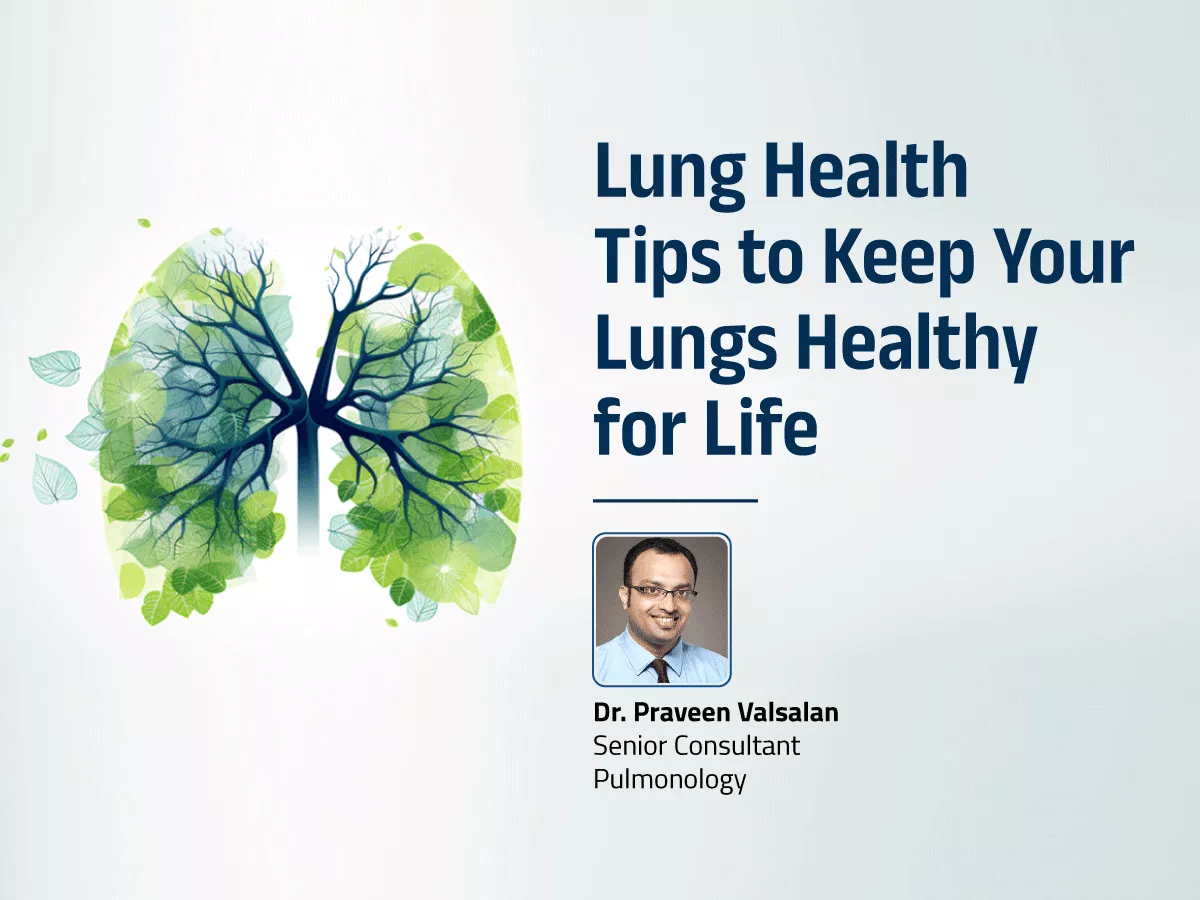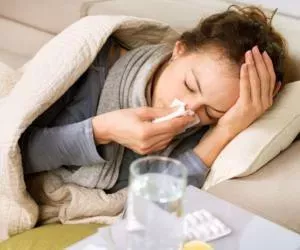Pulmonary rehabilitation is a multifaceted strategy to recovering breathing and general function in persons suffering from lung disease chronic lung disease obstructive pulmonary disease (COPD), asthma, pulmonary fibrosis, or other lung illnesses. This therapy tries to improve people's lives by treating their physical, emotional, and social well-being.
The key components of pulmonary rehabilitation typically include:
- Exercise Training: Supervised exercise sessions are tailored to the individual's needs and capabilities. The exercises may include cardiovascular activities, strength training, and breathing exercises to improve lung capacity and endurance.
- Breathing Techniques: Patients learn various breathing techniques that can help manage shortness of breath and improve respiratory muscle function. Techniques may include diaphragmatic breathing, pursed-lip breathing, and controlled breathing patterns.
- Education: Patients receive information about their lung condition, how to manage symptoms, medications, and lifestyle changes that can improve their lung health. Education also covers nutrition, stress management, and coping strategies.
- Psychosocial Support: Dealing with chronic respiratory conditions can be emotionally challenging. Pulmonary rehabilitation provides psychological support, counseling, and group discussions to help patients cope with anxiety, depression, and stress related to their condition.
- Nutritional Counseling: A balanced diet is essential for individuals with respiratory conditions. Nutritionists can provide guidance on maintaining a healthy diet that supports lung health.
- Smoking Cessation: If applicable, patients are encouraged and supported in quitting smoking, as it is a crucial step in managing and slowing the progression of many lung diseases.
- Management of Medications: Patients learn how to properly use and manage their medications to maximize their effectiveness and reduce the risk of adverse effects.
Benefits of Pulmonary Rehabilitation:
- Improved exercise tolerance and physical fitness.
- Enhanced respiratory muscle strength and lung capacity.
- Better management of shortness of breath and symptoms.
- Increased knowledge about the lung condition and self-management.
- Improved quality of life and psychological well-being.
- Reduced hospitalizations and healthcare utilization.
Pulmonary rehabilitation is most effective when it is tailored to the individual's specific needs and condition. It is recommended for individuals with chronic lung diseases to consider pulmonary rehabilitation as a valuable adjunct to their overall treatment plan to improve their breathing and overall function, and to better manage their condition.
